Subtotal: $75.00
Integrative Medicine and Nutrition for PTSD and Complex Trauma Certification Course
$1,278.00 $255.00
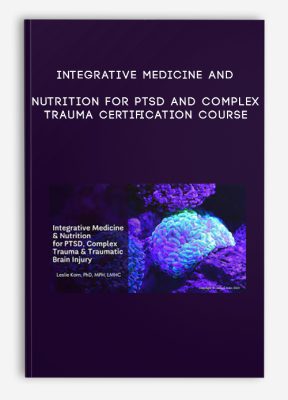
Integrative Medicine and Nutrition for PTSD and Complex Trauma Certification Course
Sale Page
Archive Page
Get Integrative Medicine and Nutrition for PTSD and Complex Trauma Certification Course on Salaedu.com
Description:
Your clients are sick and tired of talking, session after session, about their trauma…
…They’re hoping for a breakthrough that never seems to come.
When every evidence-based strategy you’ve been trained to use breaks down, it’s easy to feel like you’re not doing enough.
It’s a feeling I experienced often in my early years of practice.
But through my time as a pioneering integrative medicine researcher and clinician at Harvard Medical School and later working side by side with indigenous healers in the jungles of Mexico, I began to discover a complex relationship between what we eat and the way we think, feel, and interact with the world.
With my clients, I started integrating talk therapy with nutrition, body work, breathing strategies, yoga, medicine and more.
And I quickly discovered that their journey to healing accelerated and they experienced lifechanging results — even when they were previously stuck.
That’s why I created this exclusive, self-paced online certification training… to teach you how to treat both the mind and body so your trauma clients can find deeper healing faster than ever before.
You’ll end this certification course with a step-by-step process you can implement immediately with your clients and the confidence you need to create personalized care plans from an array of scientific disciplines proven to improve overall well-being.
- The complete set of interventions you need to work with the mind, body, and spirit
- The skills to go beyond just talk therapy to treat the full person in front of you
- The strategies to safely and ethically use integrated and nutritional medicine within your professional discipline’s scope of practice
- The understanding of how the body reacts when clients are suffering from complex trauma and PTSD
- The confidence to combine Integrative Medicine with other modalities like Polyvagal Theory, Internal Family Systems, EMDR, and post-trauma therapy
- The education you need to become Certified in Integrative Medicine and Nutrition for Trauma Treatment
- The chance to join an exclusive referral network for clinicians trained in Integrative Medicine
-
- The psychology of trauma
-
- Trauma’s effects on the body
-
- Circadian and ultradian rhythms and hormones
-
- Bio-individuality, digestion, and diet
- Yoga and breathing techniques
-
- Somatic interventions and energy therapies
-
- Nutrition and supplementation
-
- Herbal medicine and entheogens
-
- Detoxification and hydrotherapy strategies
- And so much more…
- Thinking integratively as the core feature of your practice
- Apply a trauma-informed model of self-care, nutritional and integrative approaches
- The principle of substitutions and conscious self-medication
- Integrating IM with methods like Polyvagal Theory, IFS, Eye Movement, & Post trauma therapy
- Working independently, group practice, hospital settings
- Legal issues
- Informed consent handouts
- Disclosure document handouts
- Testing
- Acute and chronic PTSD, complex trauma, Dissociative-type, DSM-5®
- Special types of trauma: Medical, dental, military, white collar (clergy, professionals, gurus)
- ACES quiz and its relationship to physical health
- Interpersonal and power dynamics
- Identify the role for IM in attachment and self-regulation in children and adults
- Energy, fatigue and mitochondria
- Stress response: hypothalamic-pituitary-adrenal axis
- Dysautonomia (POTS, chronic fatigue, pain, fibromyalgia)
- Chronic illnesses, chronic pelvic pain
- Psychoneuro-immunology, autoimmune disorders
- Digestive disorders; gut and dysbiosis
- Demographics of trauma and ethnicity/identity
- The role of integrative medicine and nutrition in treatment across cultures
- Overcoming stigma with integrative medicine and nutrition
- LGBTQ+ & BIPOC communities
- Cultural Formulation Interview: DSM-5®
- Assessment and testing of circadian rhythm as it pertains to PTSD
- Somatic Empathy; methods of clinical entrainment in treatment
- The role of pranayama in altering brain hemispheric rhythms
- The brain and heart: heart rate variability and HeartMath technology
- The role of hormones in trauma throughout the life cycle
- Bio-individuality and personalized health
- Polyvagal theory, nutrition and integrative methods
- Restoration strategies for digestion from salivation to elimination
- Digestive disorders (GERD, Colitis, NAFLD, Metabolic syndrome, IBS constipation) in complex trauma and PTSD
- Conducting an integrative medicine and nutritional assessment for trauma and its sequelae
- Review of ethics and scope
- Tests, assessments, and analysis
- Handouts
- Demonstration of the assessment process
- Food mood diary and analysis
- The role of nutrition in PTSD and complex trauma
- Techniques of intermittent fasting, ketosis and the brain
- The Brainbow diet: how food colors reflect nutrients
- Fantastic fungi; integrating medicinal mushrooms into the diet
- How culture, ethnicity and genomic testing informs optimal nutrition
- Designing psycho-culinary group therapies
- Review of nutrition research: why is it so confusing?
- Matching supplements to intake assessment
- Amino acid therapy for depression, anxiety, sleep, pain, cognition
- Neurotransmitters, precursors, and food
- Vitamins, minerals glandulars, fatty acids
- The science and clinical use of supplements to enhance or replace pharma
- Collaborating with nutrition professionals
- List the evidence for types of herbs and preparations for PTSD and its sequelae
- Adaptogens, nervines, anti-inflammatories, antidepressants, tonics
- Cannabis: CBD, THC, terpenes; indications, contraindications
- Essential oils: the engagement of the senses for mood and vagal health
- Drug-nutrient-herb interactions: using a database and keeping your client safe
- Hydrotherapy: the use of hot and cold water for psychoneuroimmune support
- How hot and cold alters mood, pain, headaches
- Medications
- Managing side effects & tapering off medications
- Discontinuation syndrome
- Detoxing from pharmaceutical medication
- Methods for collaborating with prescribers
- Developing a taper team
- Brain hemispheric dominance exercises
- State-based exercise applied to specific symptoms and capacities
- Balance exercises to enhance emotional flexibility
- PTSD, hyperventilation syndrome, disordered breathing, and anxiety
- Yoga for developmental trauma, attachment and self-regulation
- Provide a framework for somatic interventions used in treating PTSD and complex trauma
- Energy medicine: neurofeedback, cranial electrical stimulation, and photobiomodulation
- Self-massage and pressure point therapies for pain digestion
- Sensory awareness and integration
- Intersection of trauma in highly sensitive individuals and sensory processing in children and adults
- Bidirectional strategies for eye/brain/mind
- The clinical application of ecotherapies for children and adults
- Nature-based stress inoculation and resilience strategies
- Developing peripheral vision in nature for autonomic relaxation
- The science of canine & equine therapies
- The clinical application of touch using animal therapists
- The role of canine therapists working with victims of violence and the justice system
- Human-animal interaction, self-regulation and attachment
- Assessment for readiness and referral
- Medical versus traditional: what the client and clinician need to know
- Research on psychedelics: anxiety, end-of life, PTSD
- Psychedelics and the Sacred journey
- Psychedelic medicine
- Mushrooms/psilocybin/psilocin
- Peyote (Lophophora williamsii)
- Ayahuasca
- DMT
- MDMA
- LSD
- Ketamine
- Transpersonal psychology and thriving
- The role of stories in reclaiming self as hero
- Rituals for recovery
- Special treatment needs when the traumatic etiology derives from spiritual/religious authorities
- Motivation and adherence strategies
- Shared decision making: best practice guidelines
- Self-disclosure strategies
- Developing group and telehealth support
- Motivational Interviewing and engagement
- Relapse prevention strategies
- Creating a treatment plan based on the assessment
- Affordability and access strategies
NLP online course
So what is NLP?
Firstly, NLP stands for Neuro-Linguistic Programming. Secondly neuro refers to your neurology;
Thirdly linguistic refers to language however, programming refers to how that neural language functions.
As a result,In other words, learning NLP is like learning the language of your own mind!
Moreover, NLP is the study of excellent communication–both with yourself, and with others.
It was developed by modeling excellent communicators and therapists who got results with their clients.
NLP is a set of tools and techniques, but it is so much more than that.
In conclusion, It is an attitude and a methodology of knowing how to achieve your goals and get results.
1 review for Integrative Medicine and Nutrition for PTSD and Complex Trauma Certification Course
Add a review Cancel reply
Related products
HYPNOSIS - NLP Courses
HYPNOSIS - NLP Courses
Christina Hall – The Paradoxical Nature of Change – Video Book
HYPNOSIS - NLP Courses
HYPNOSIS - NLP Courses

 Sergio Magaña - The Toltec Secrets of Dreaming
Sergio Magaña - The Toltec Secrets of Dreaming 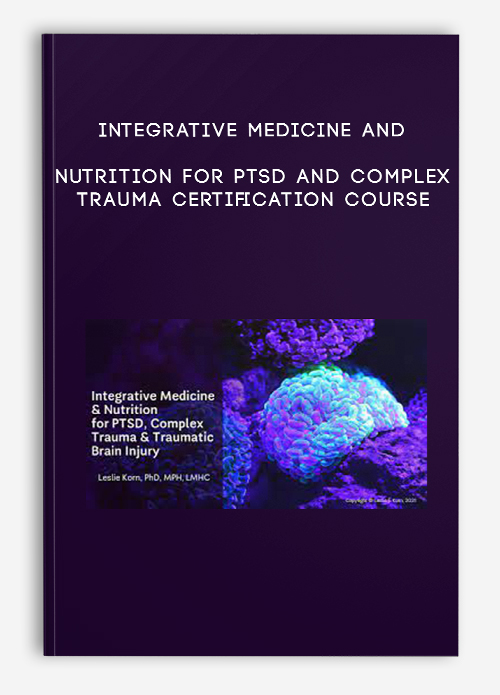
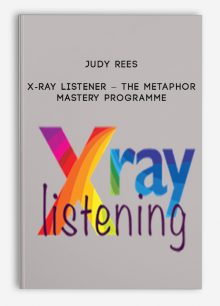


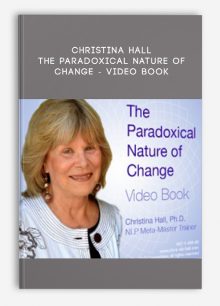
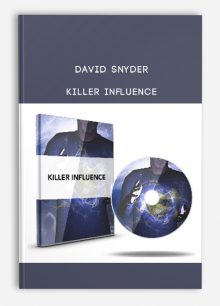
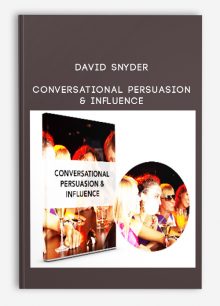
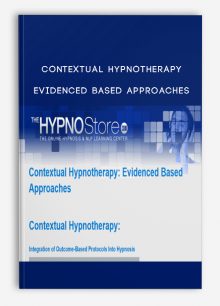

king –
“We encourage customers to contact Customer Service and think twice before making payment. All course contents will be similar to what is from the author.”
Thank you!